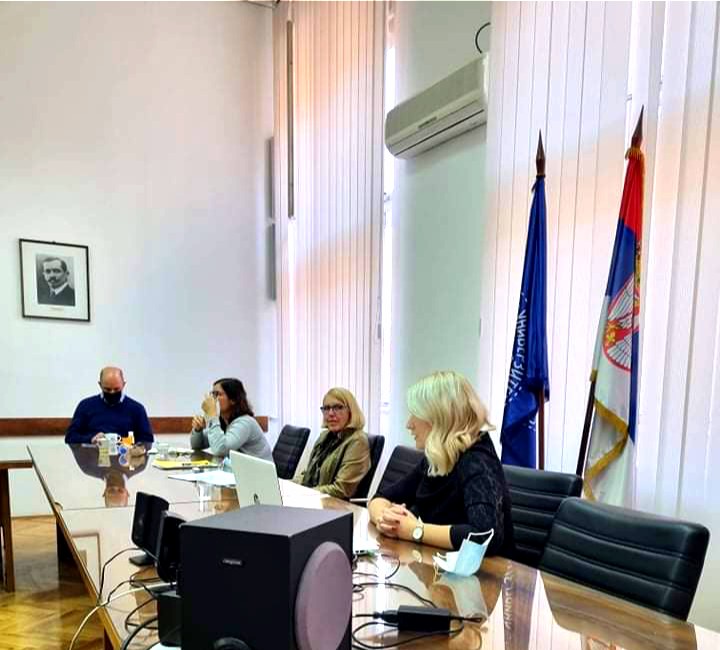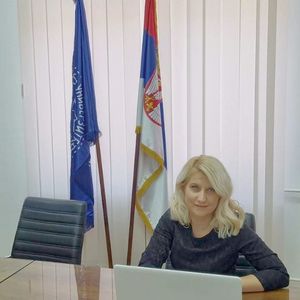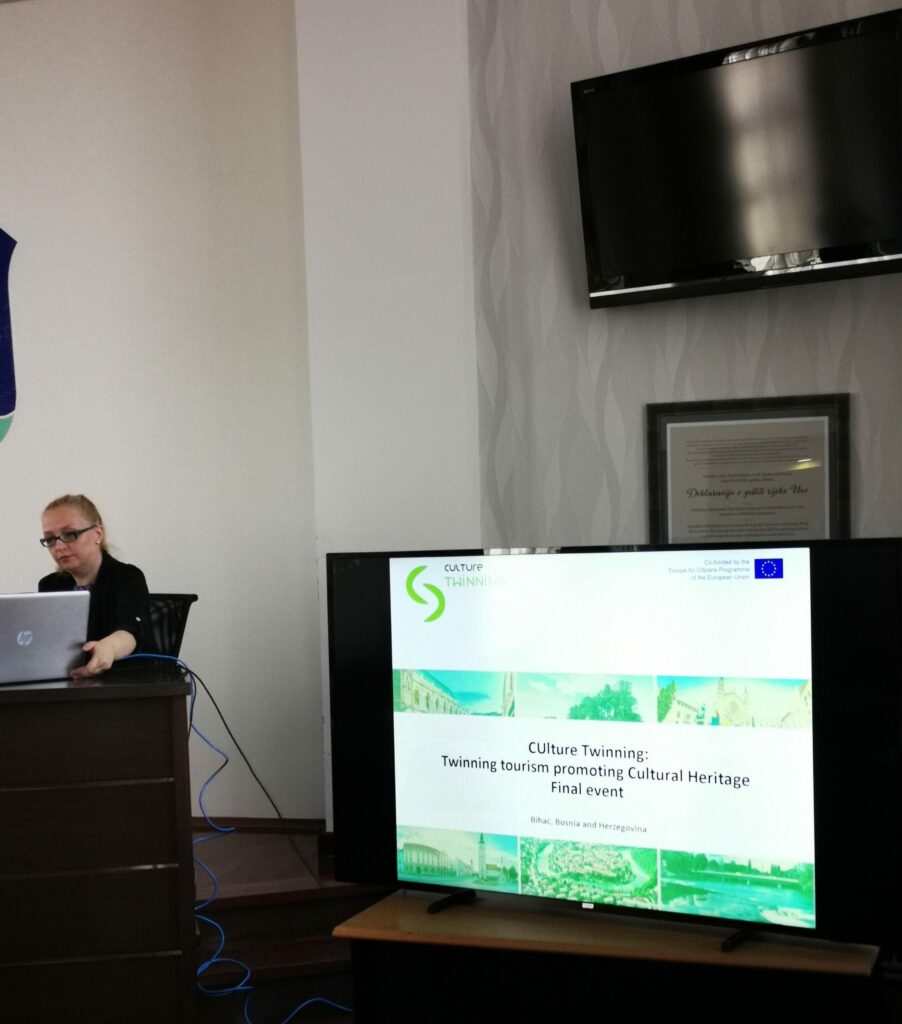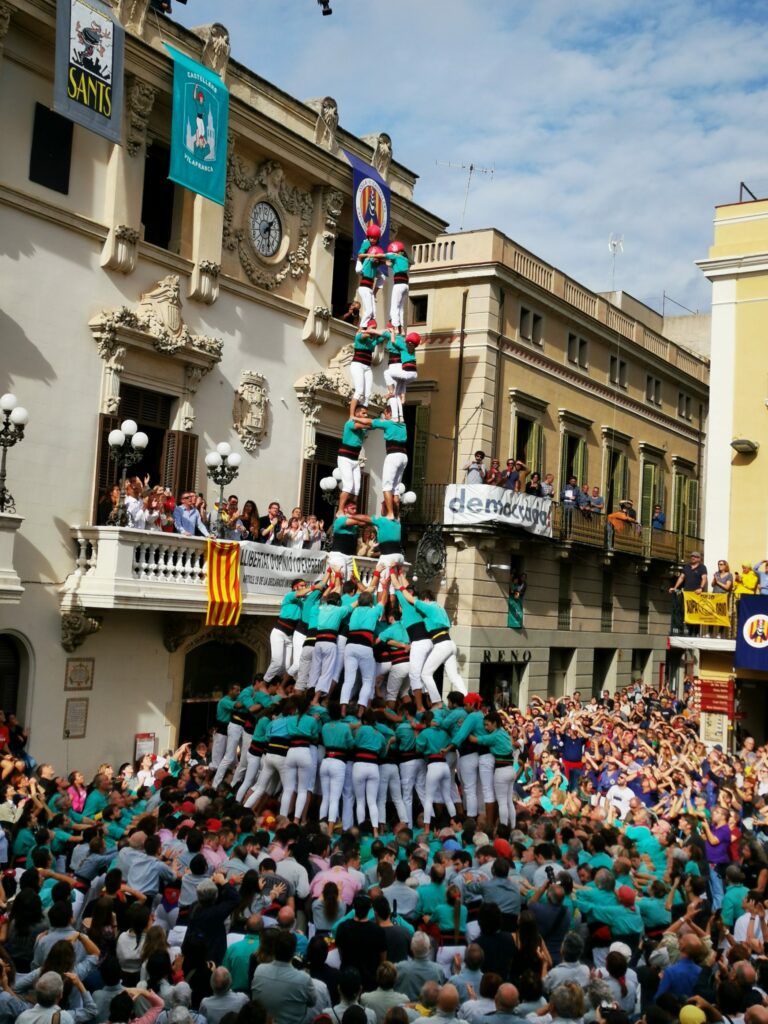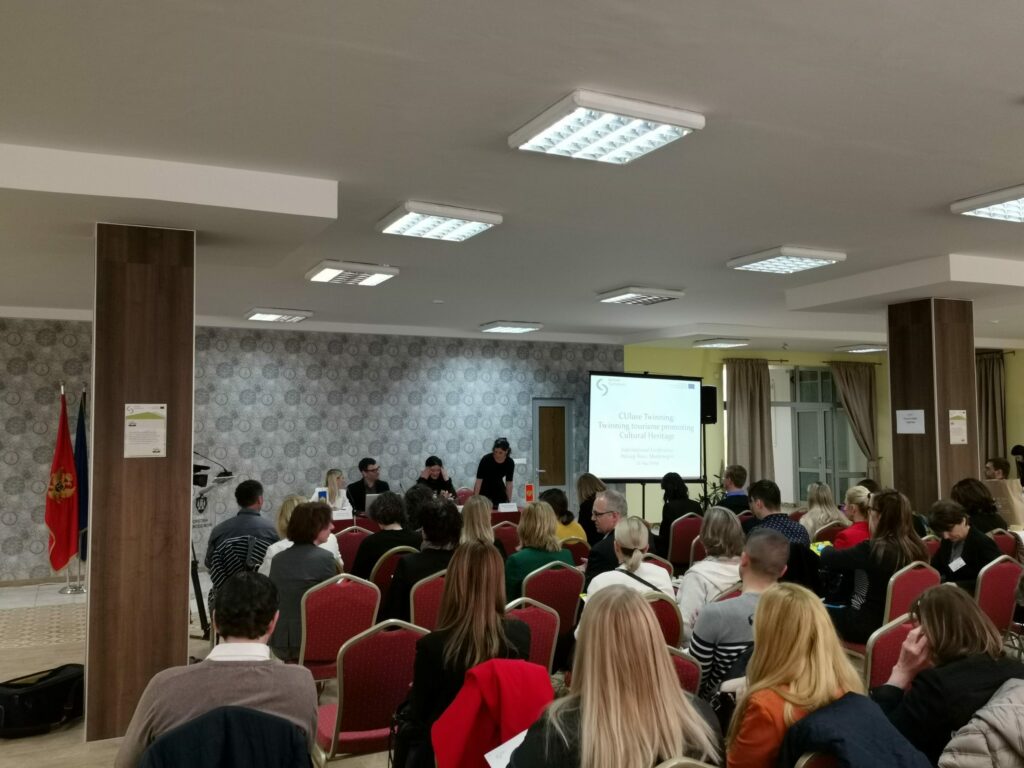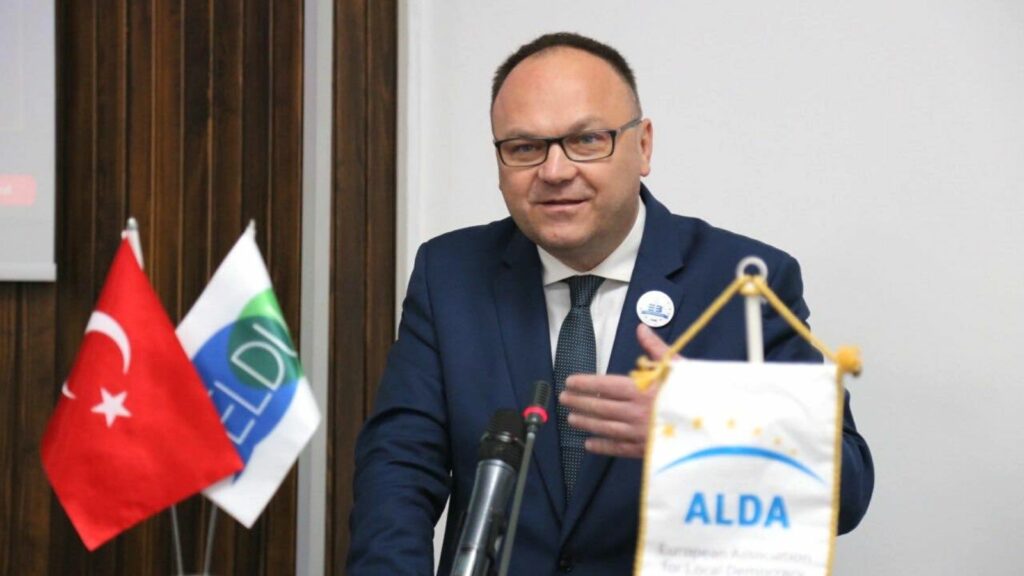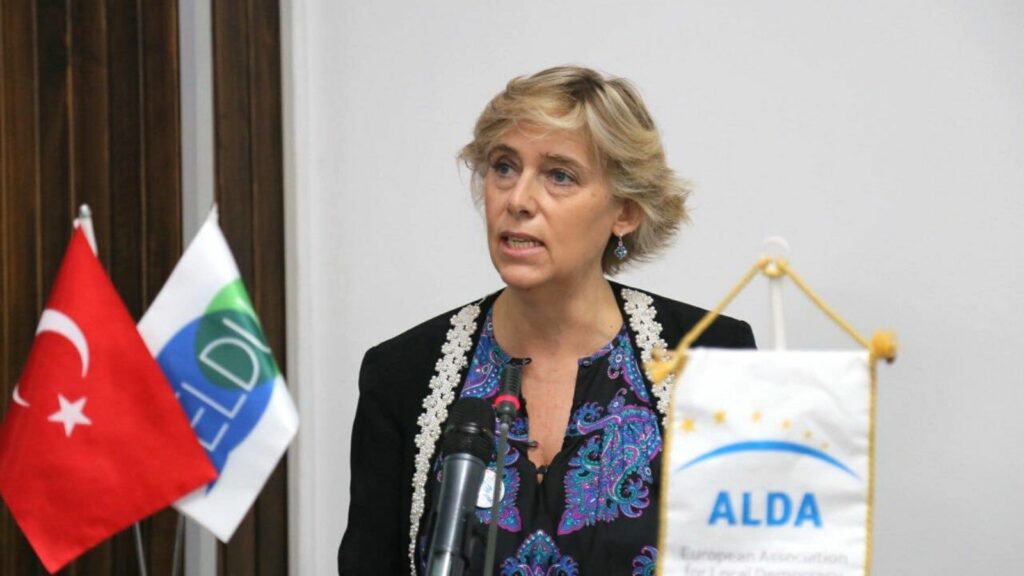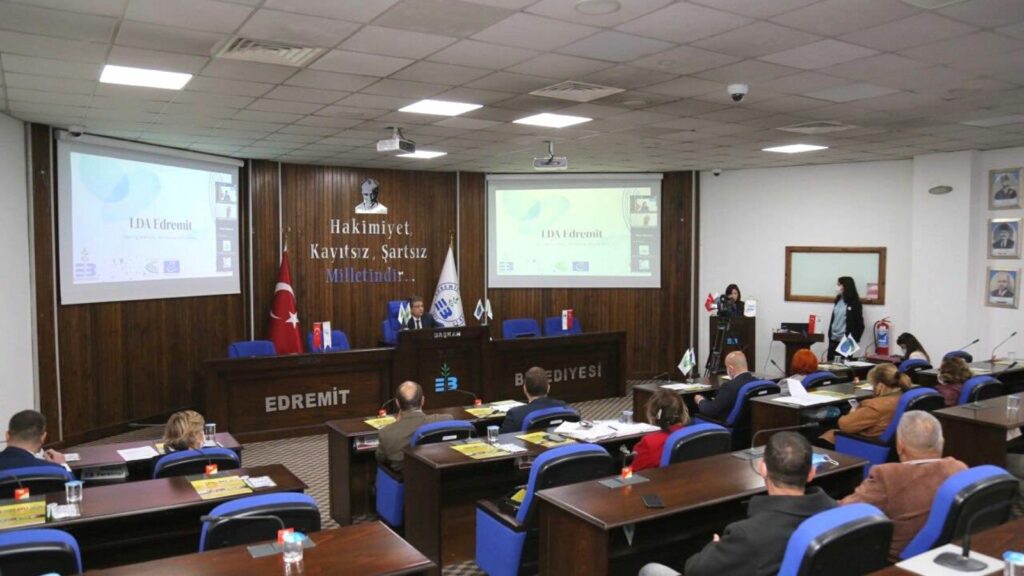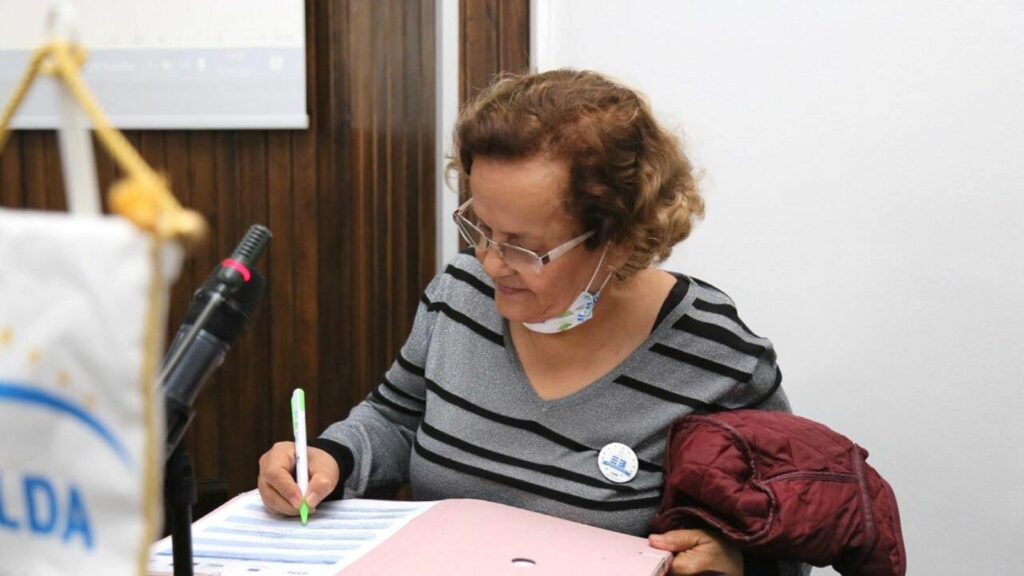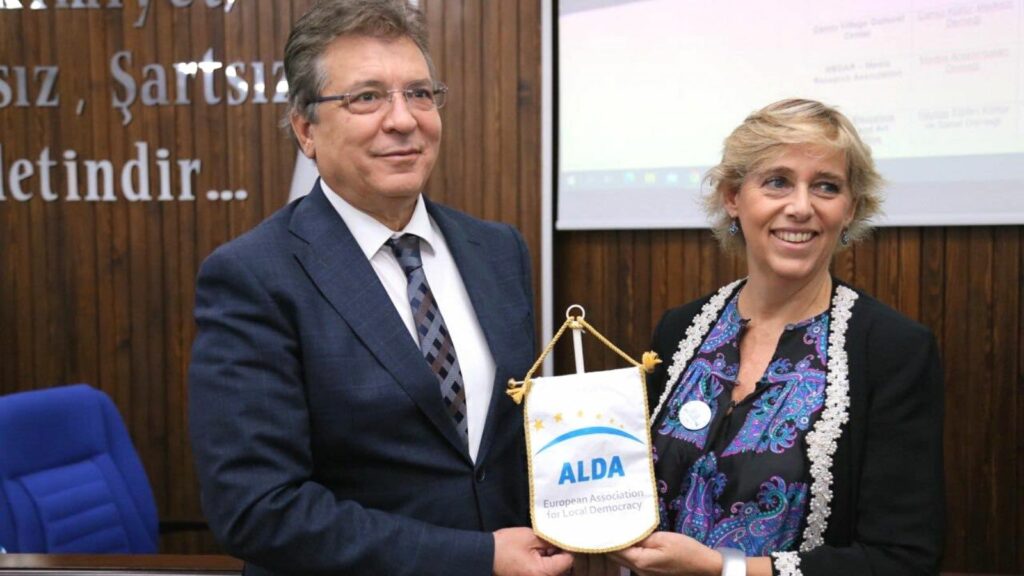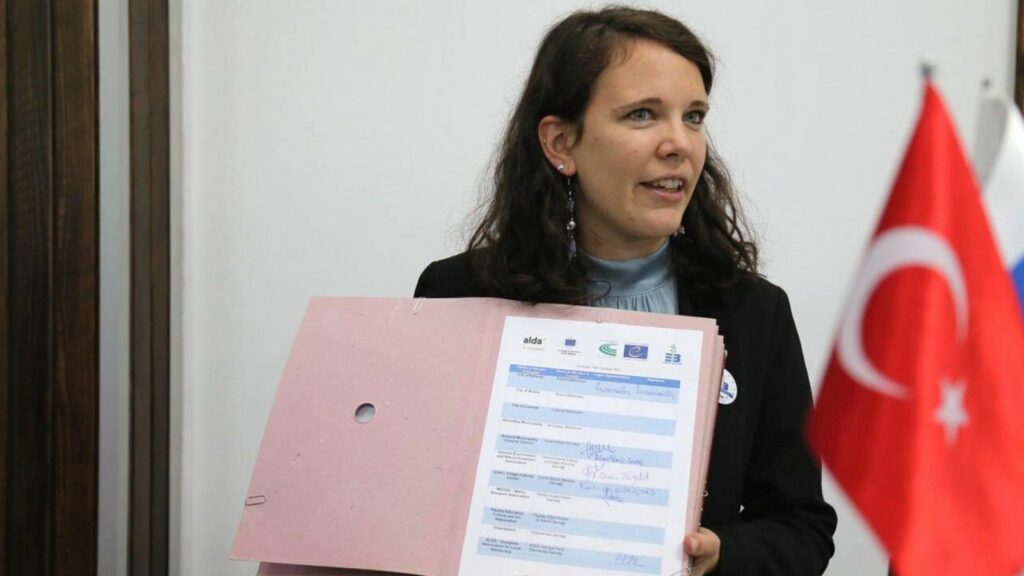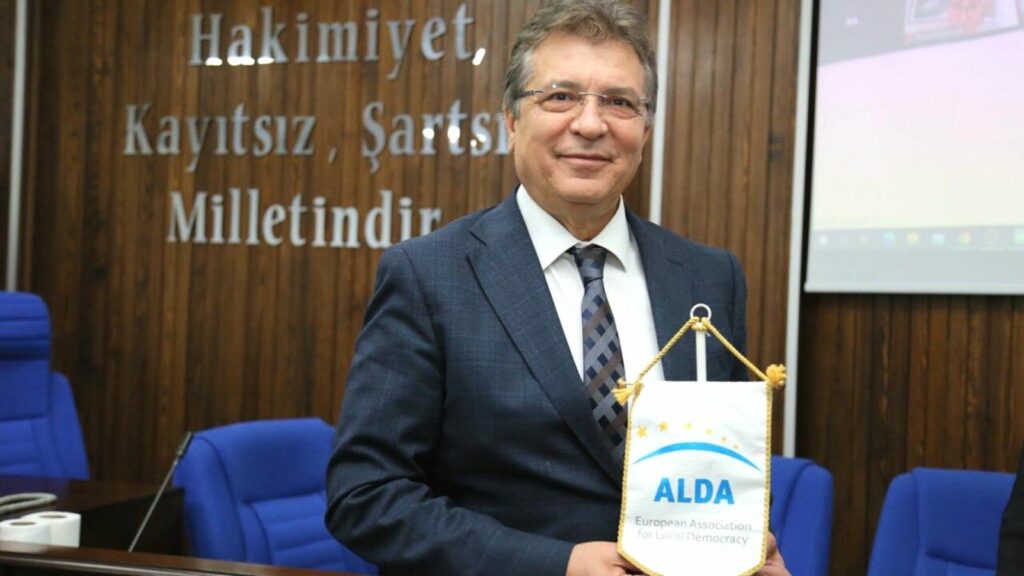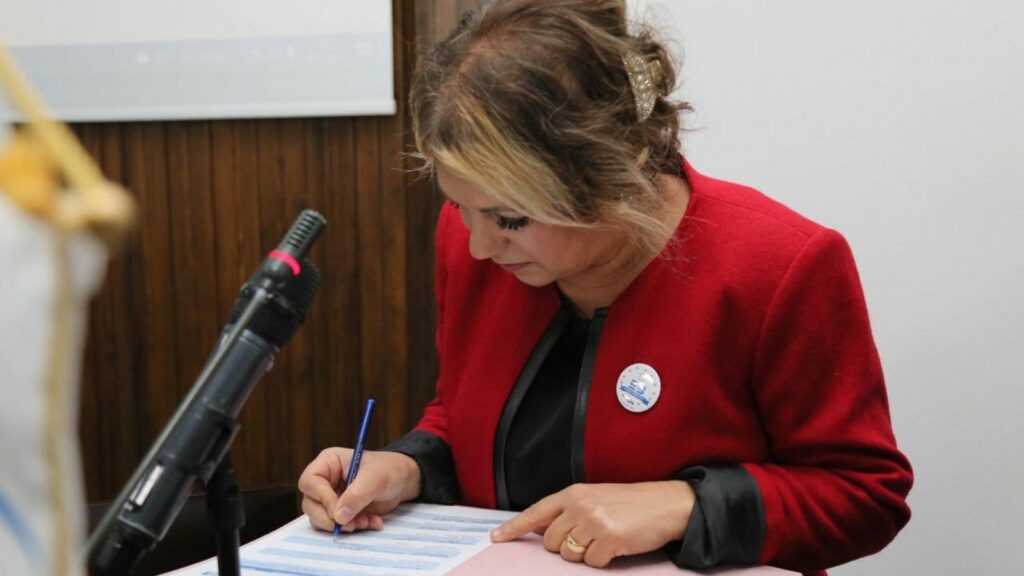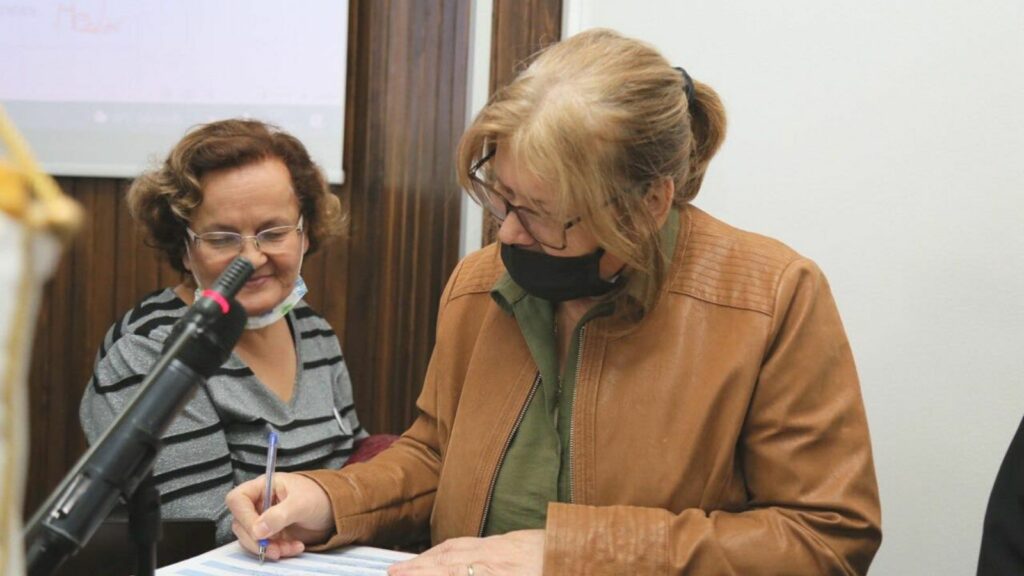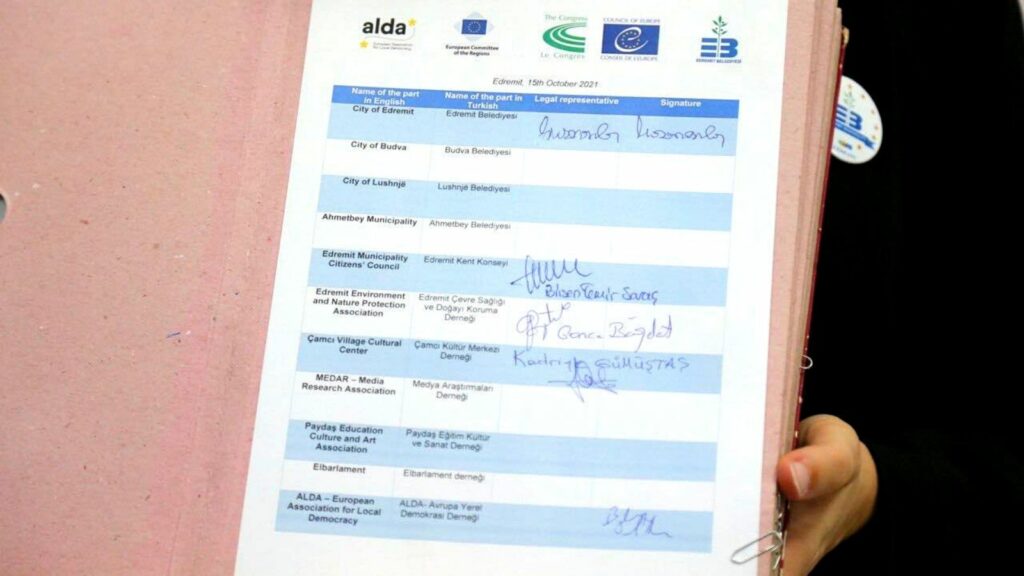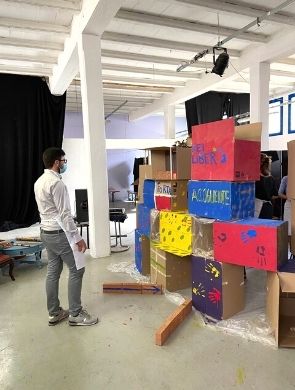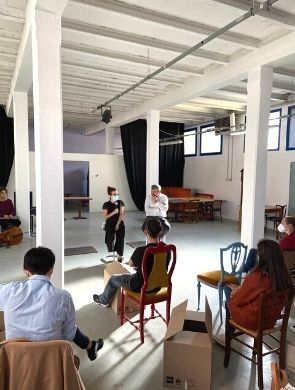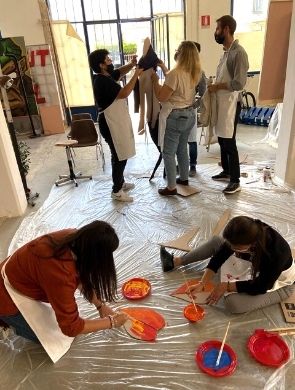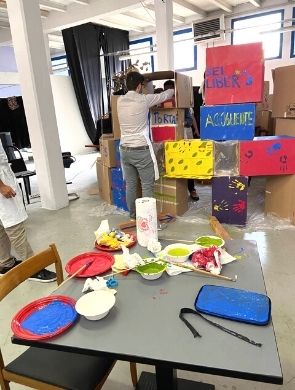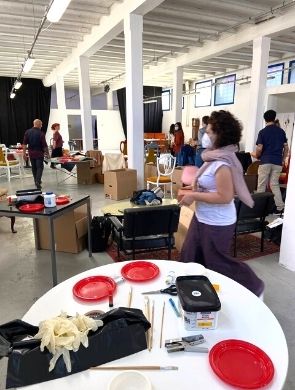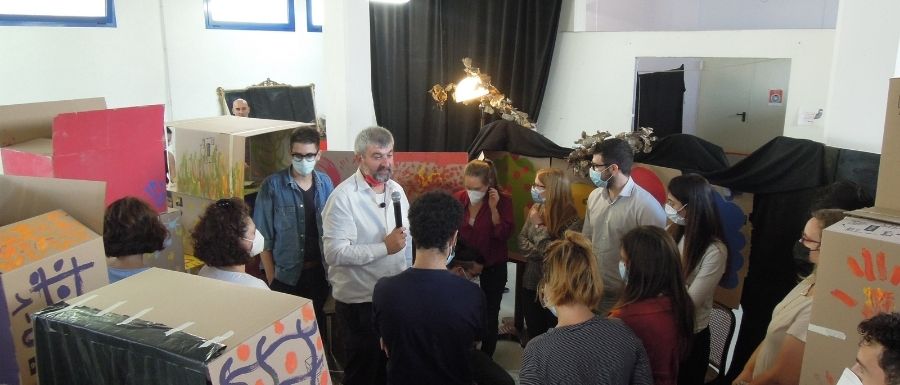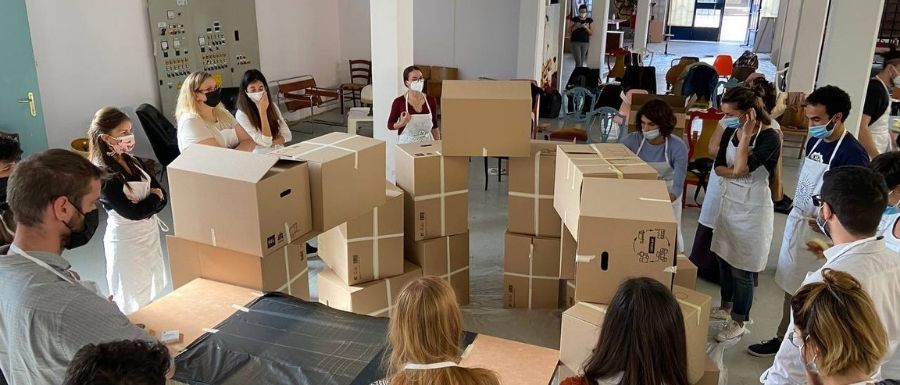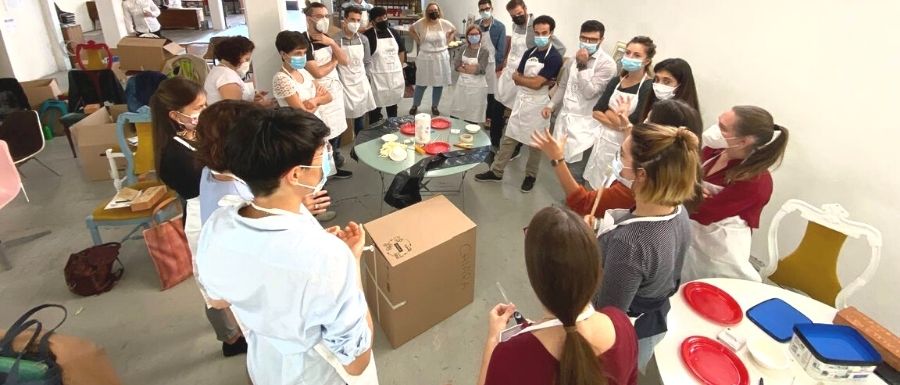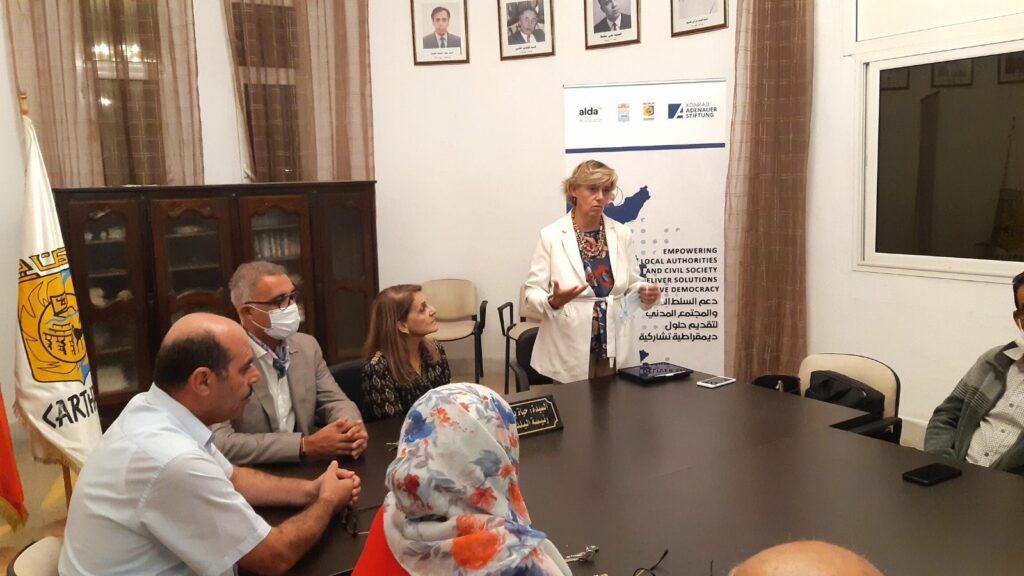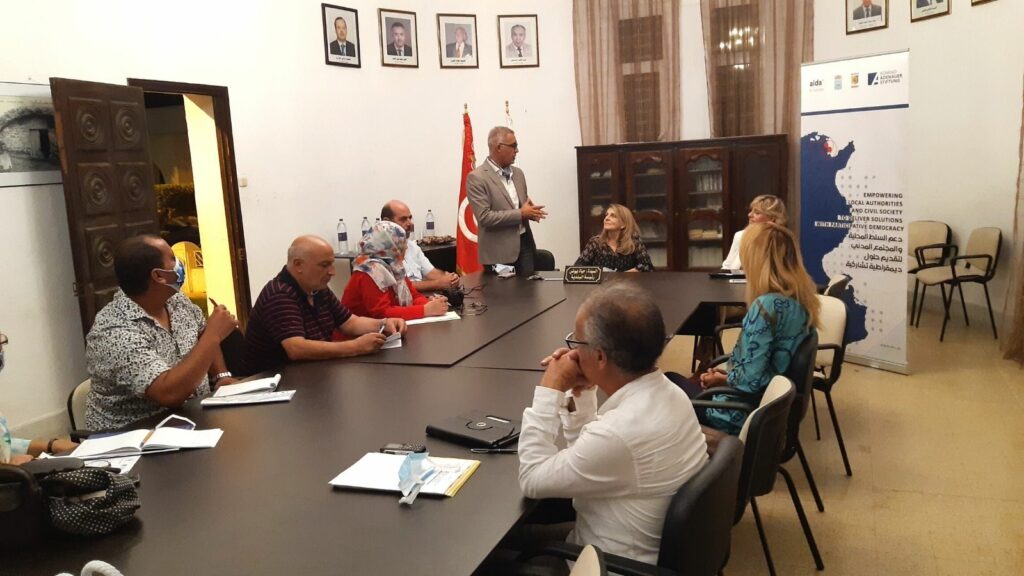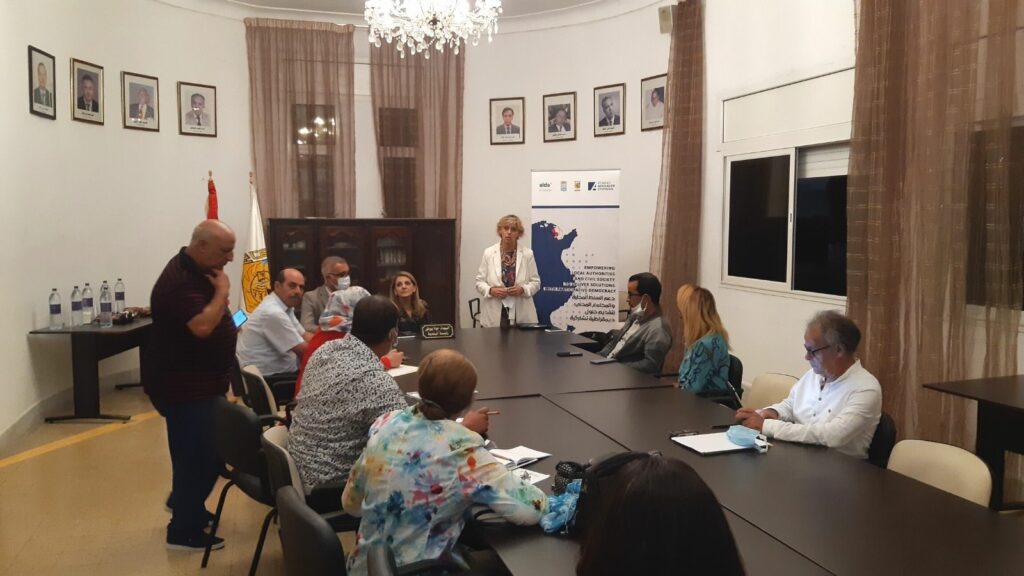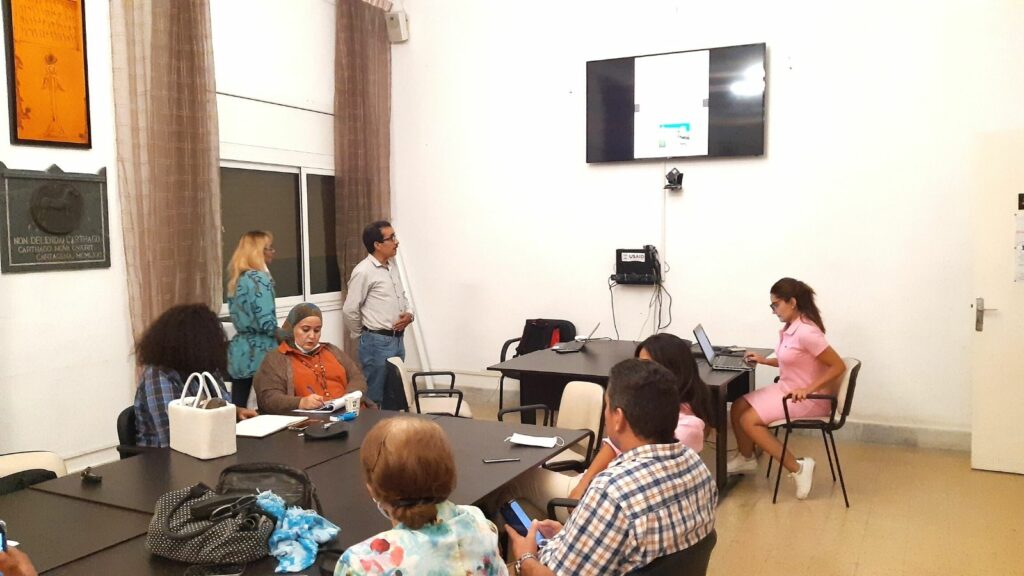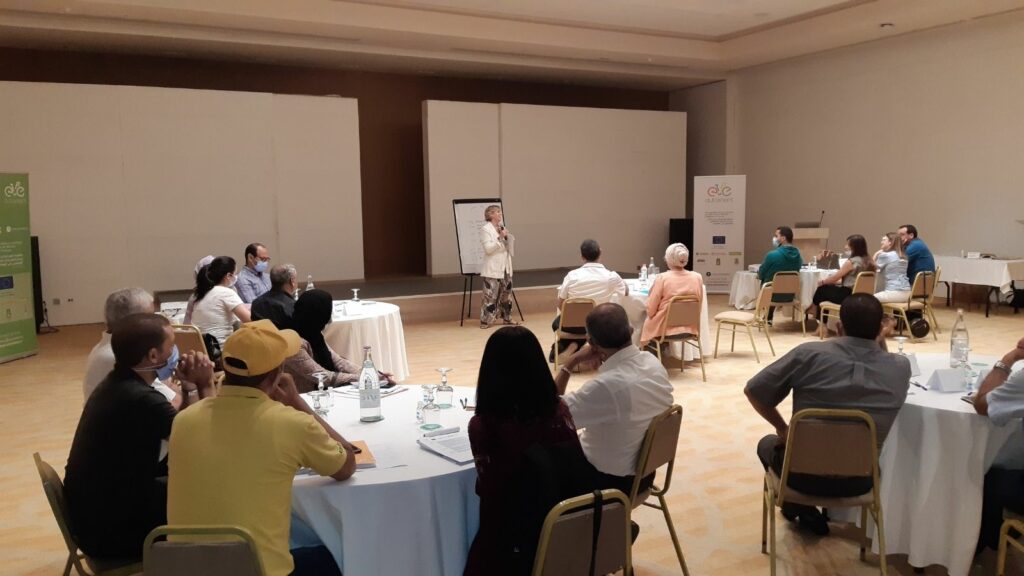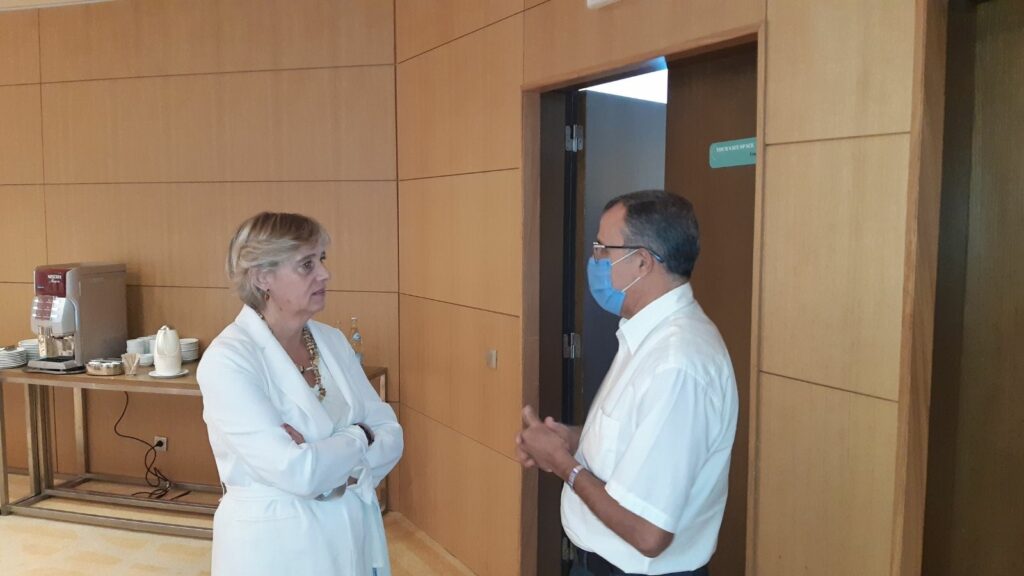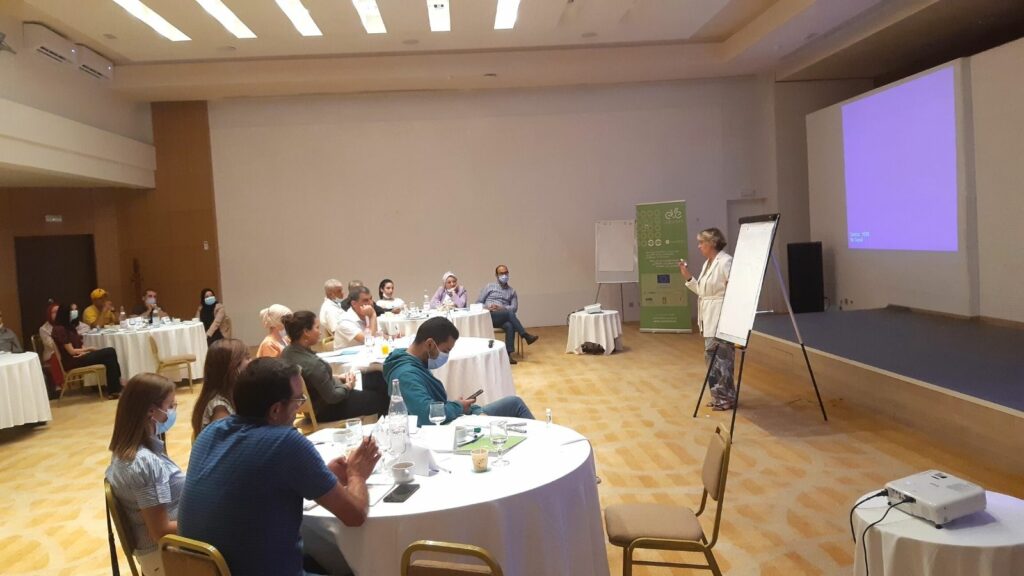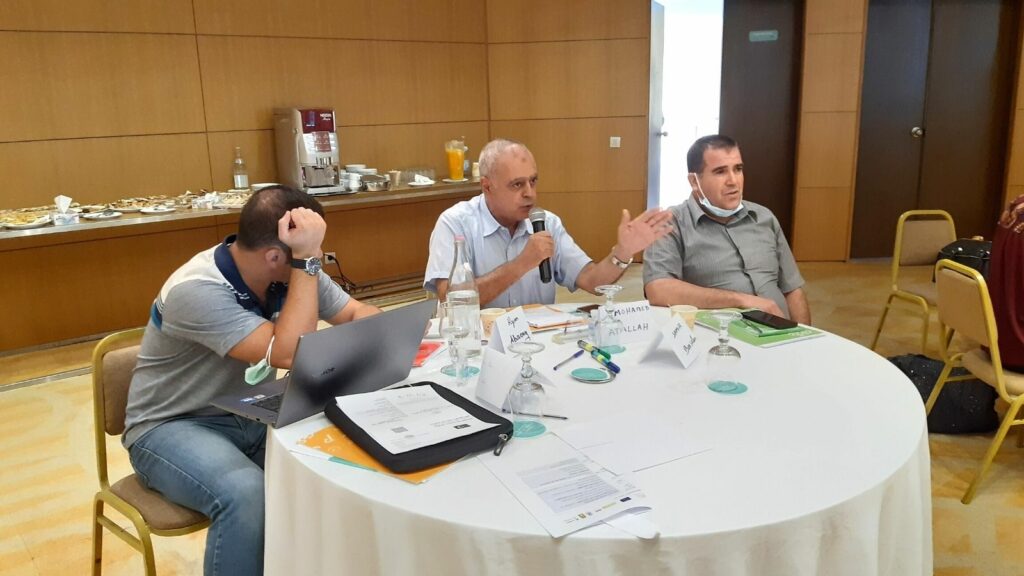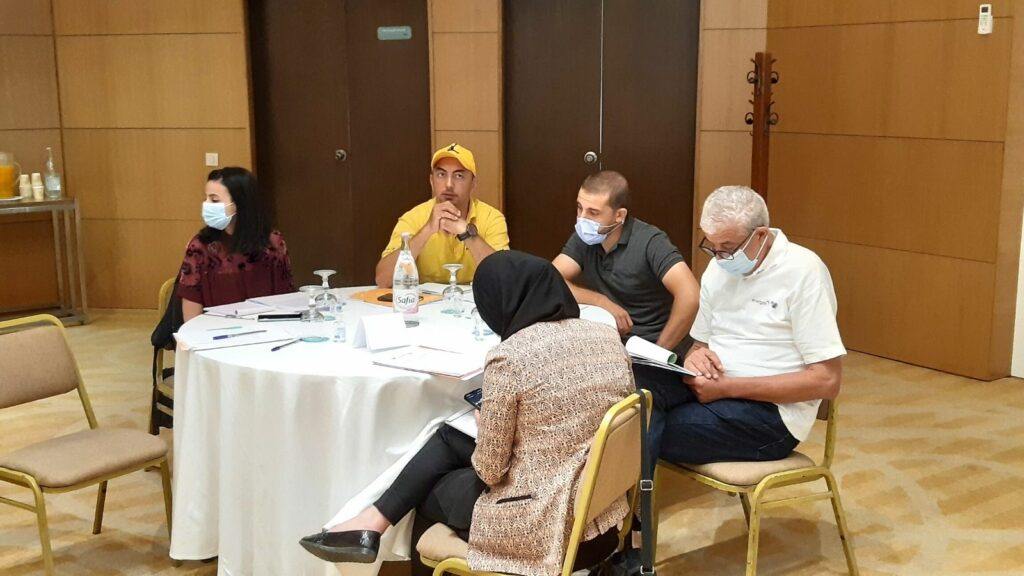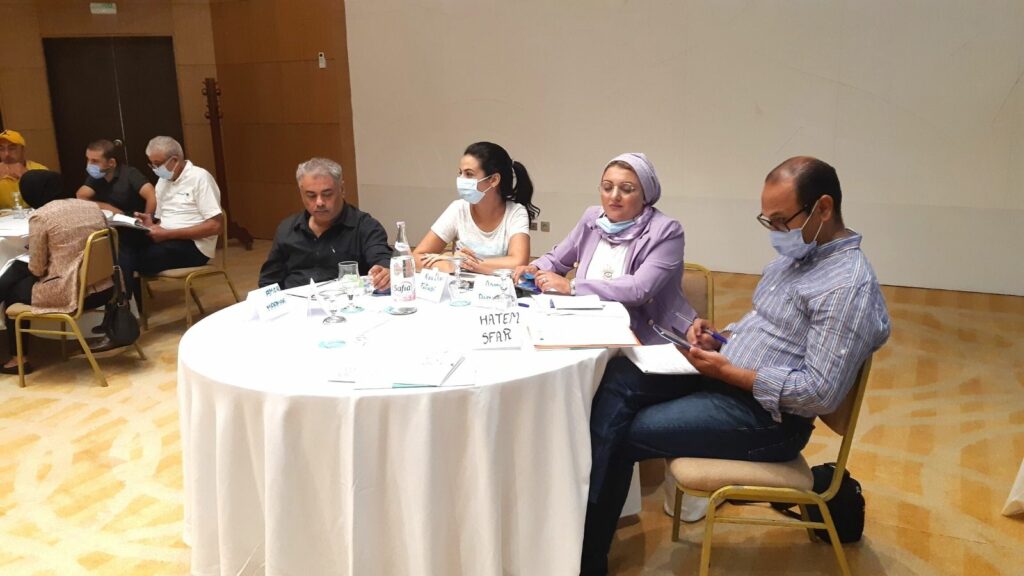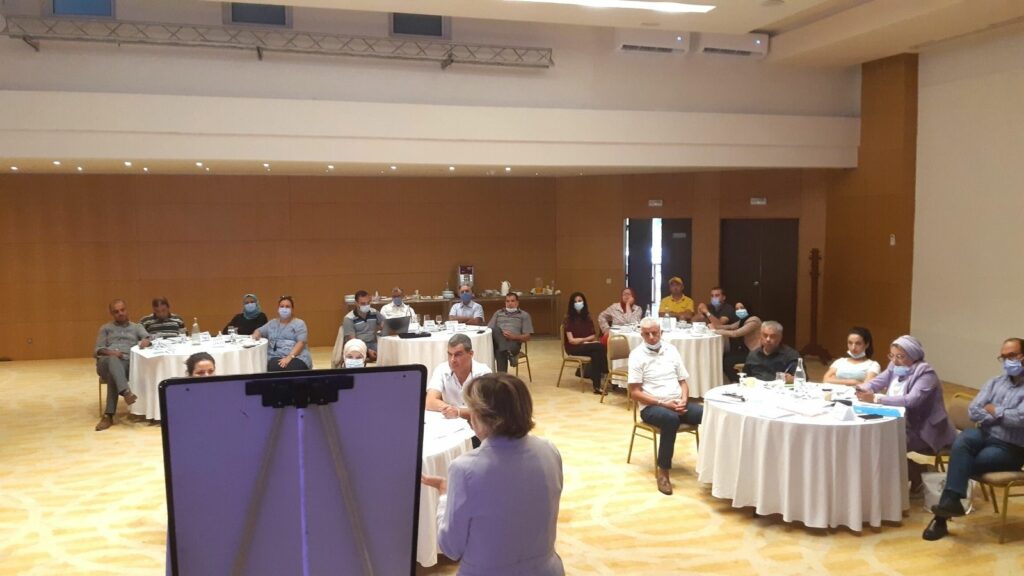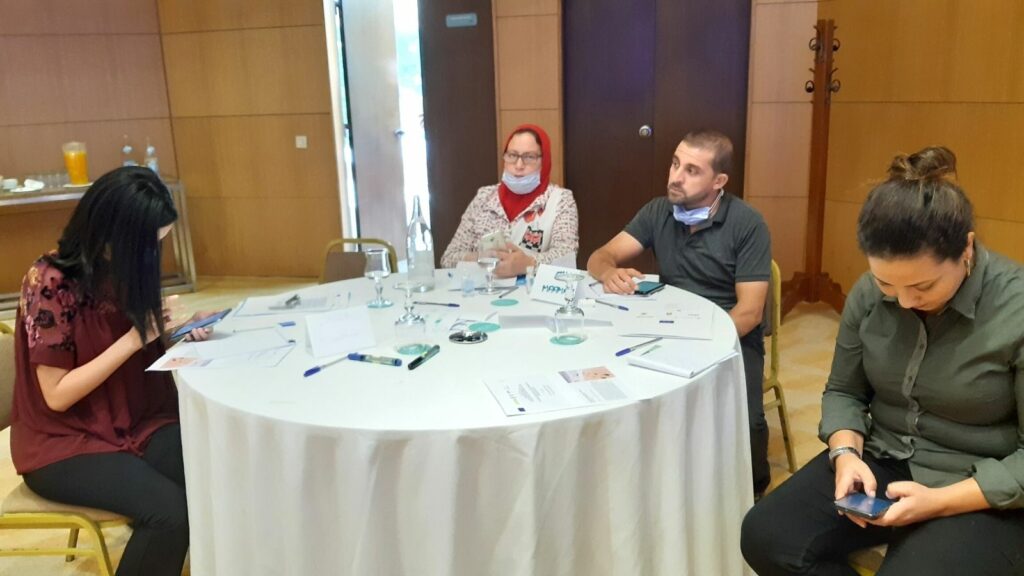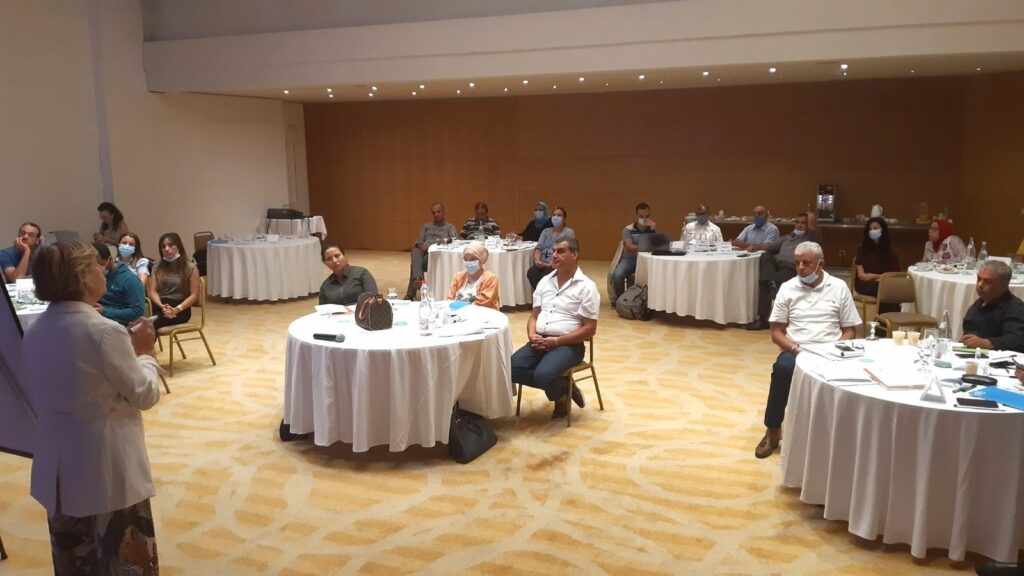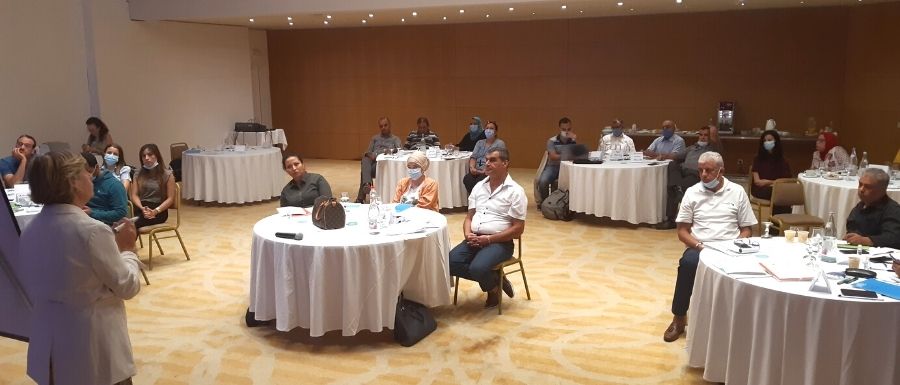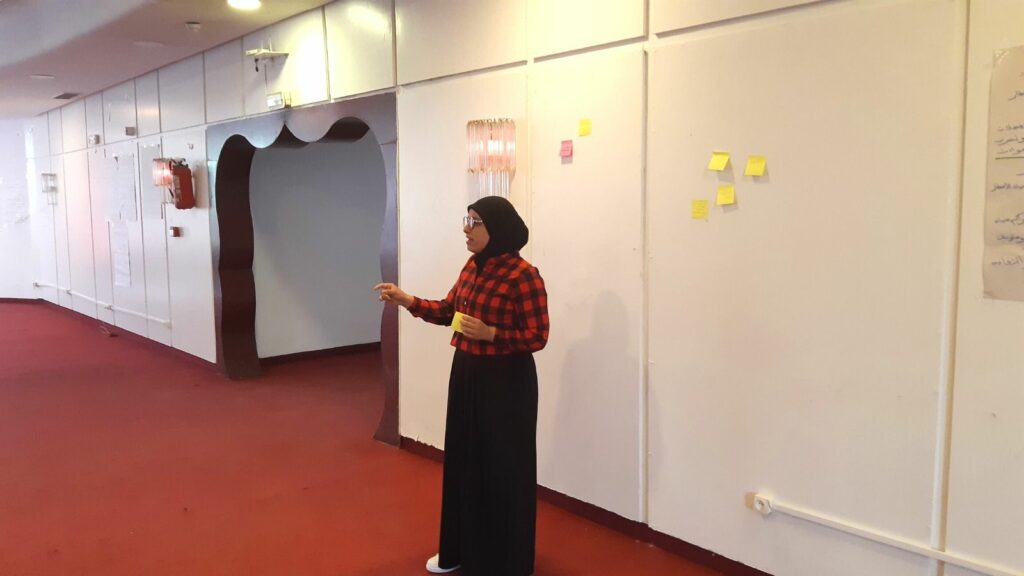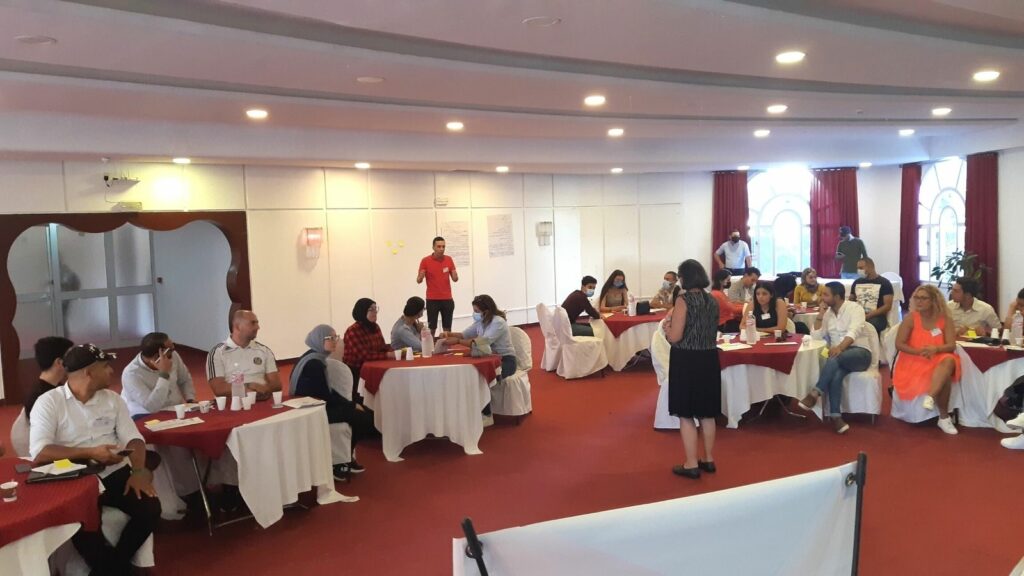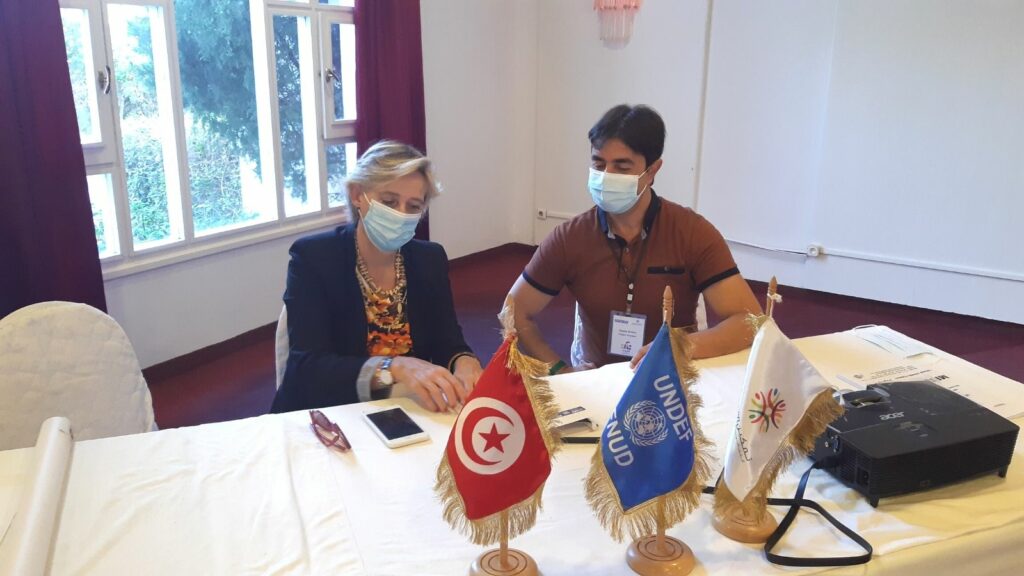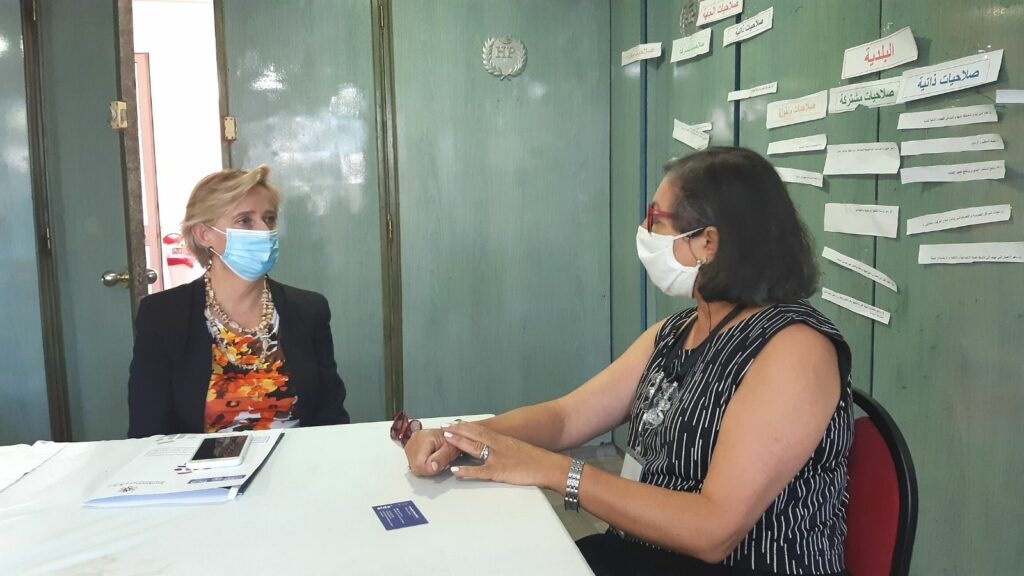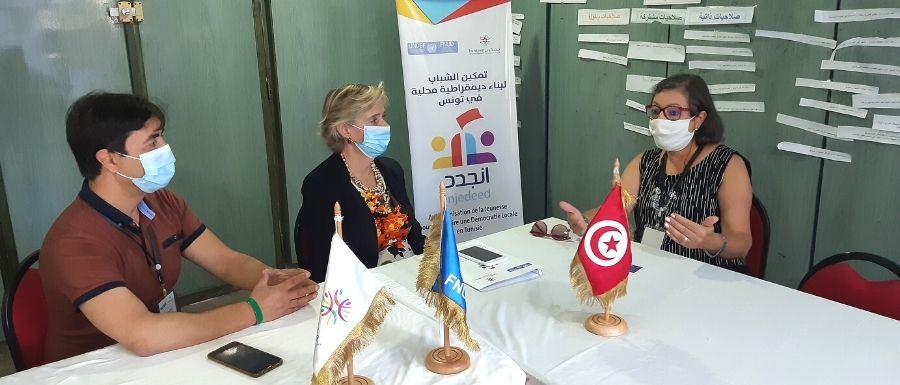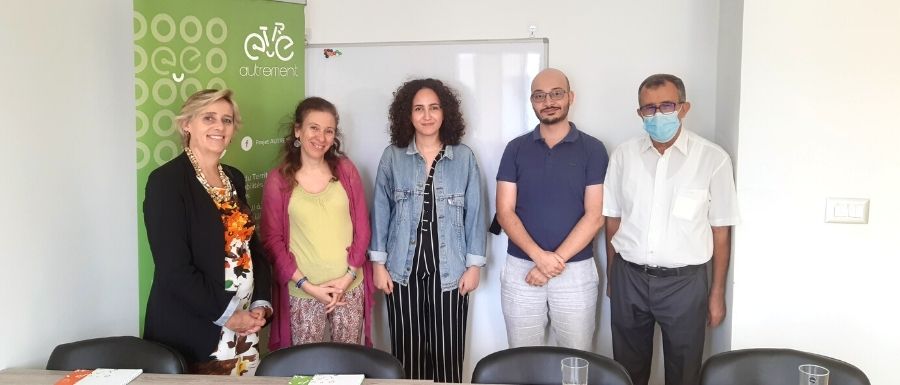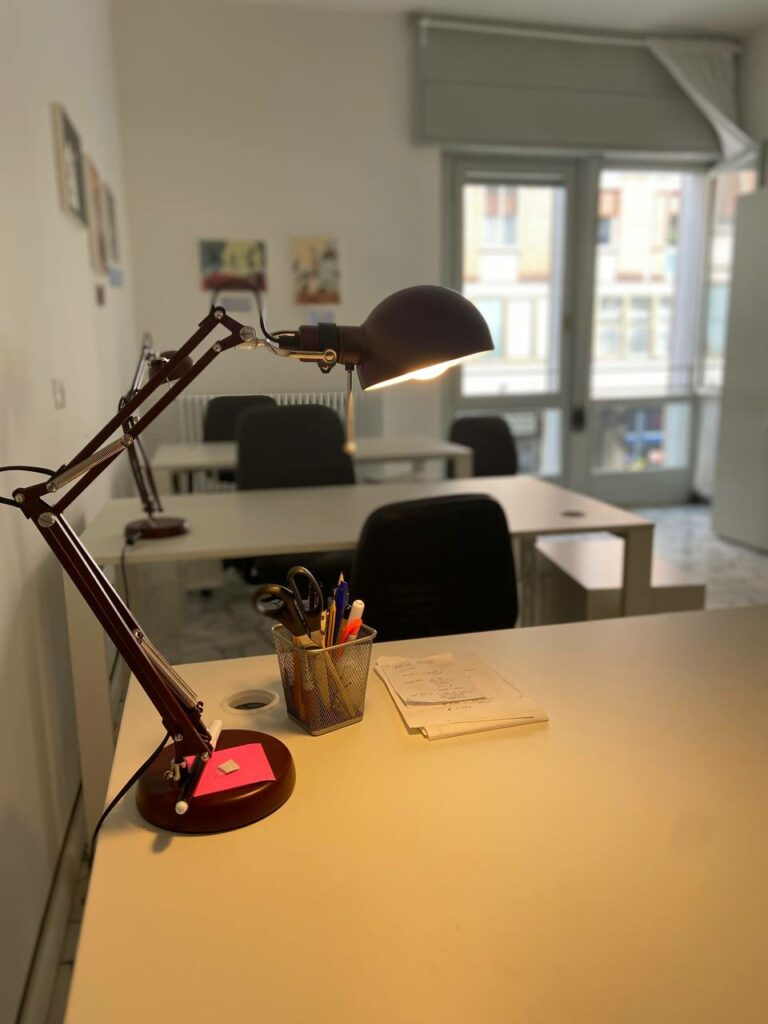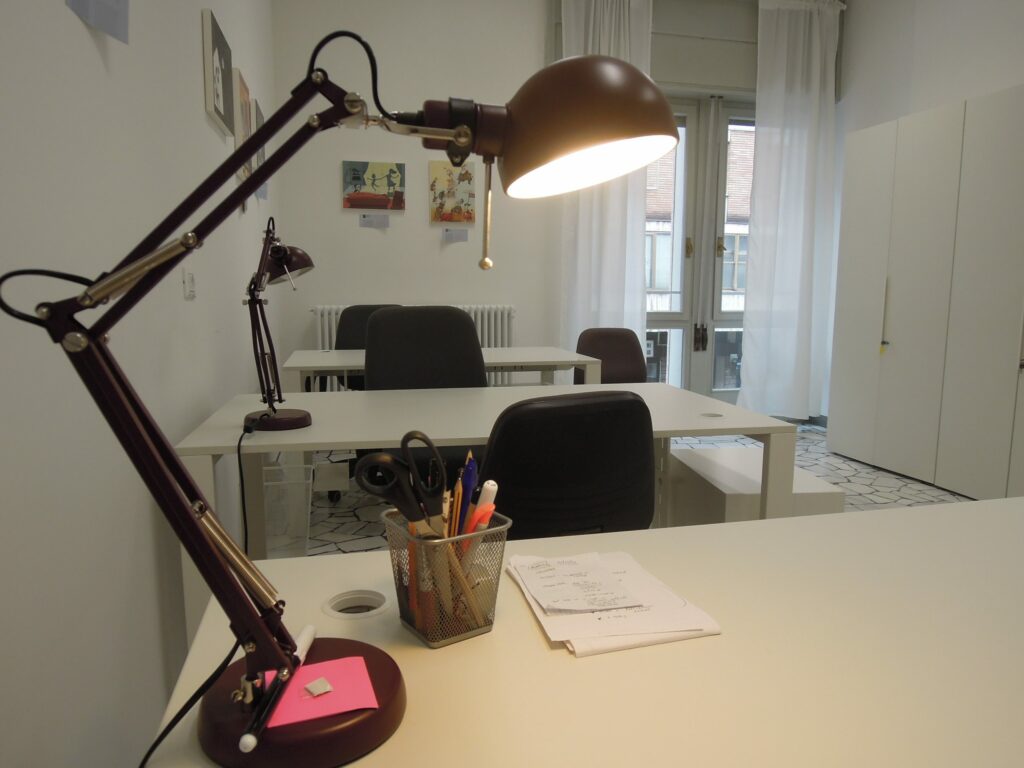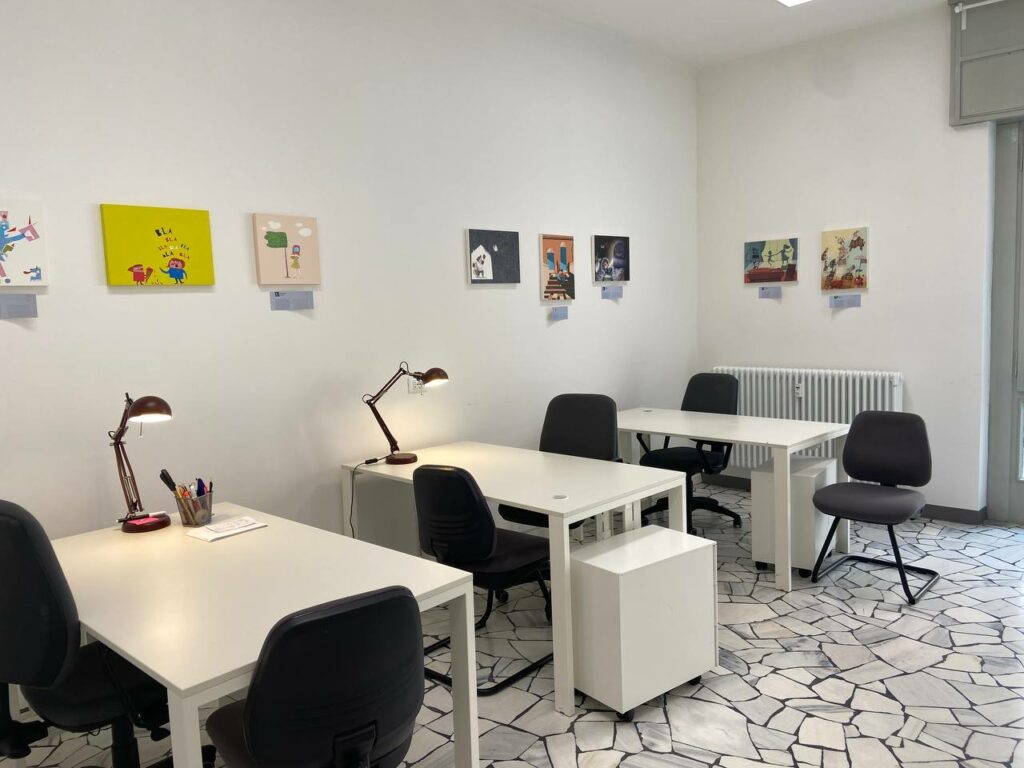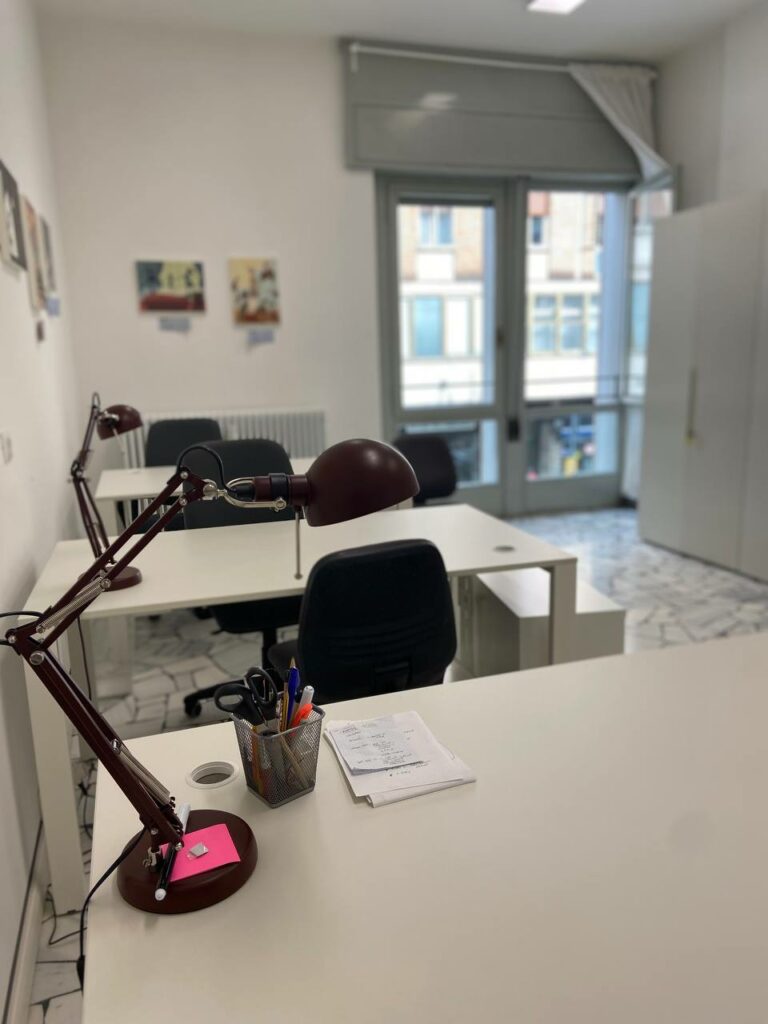CSOs Networking for Better Local Democracy in the Balkans is a project with a self-explanatory name. The main focus of the project is to address the challenges of civil society organizations within the region of the Western Balkans. It concluded its affairs around October of 2021 and is implemented by the Balkan Network for Local Democracy and funded by the Swedish International Development Cooperation Agency, or SIDA.
There are many challenges in the region related to the CSOs sector, and this project seeks to highlight and support it and its development. The project has the goal of being a major resource for civil society in the region, through methods such as research, providing and spreading information, and encouraging further capacity building in the sector, on local and regional levels. To be able to accomplish that sort of goal, a knowledge sharing platform is necessary, which this project seeks to provide.
Raise awareness, provide resources, facilitate exchange, create cooperation, and strengthen CSOs
An important principle within the function of this project is general awareness raising and promotion. To accomplish this end, under the banner of the project we have seen :
- 9 animated videos,
- 9 video interviews,
- 2 newsletters,
- 1 large social media campaign,
- the creation of a resource hub for information,
- 3 extensive comparative studies and
- 9 individual local-level case studies, and it was all highlighted with a regional Best Practice Fair.
The 3 comparative studies all examined local factors such as self-government, CSO cooperation with government and involvement in local-level processes, decentralization, and public participation in policymaking. The resource hub, meanwhile, is a designated area of the website that compiles together resources, documents, infographics, studies, research, etc. all about local democracy within the Western Balkans region.
The time spent on this project was highlighted with the Best Practice Fair, a two-day hybrid event that brought together multiple CSO representatives, BNLD members, public authorities, and members of other groups, where the individual delegations present their best practices for encouraging participation of citizens in local government. This event provided a good opportunity for the participating parties to exchange ideas and programmes. The comparative studies and the individual case studies were presented here, along with their findings and accomplishments respectively.
In conclusion, this project has taken steps necessary to raise awareness, provide resources, facilitate exchange, create cooperation, and generally strengthen CSOs within the realm of the Western Balkans.
***
The project “CSOs Networking for Better Local Democracy in the Balkans” was supported by the Project « Protecting Civic Space – Regional Civil Society Development Hub » financed by Sida and implemented by BCSDN ».
